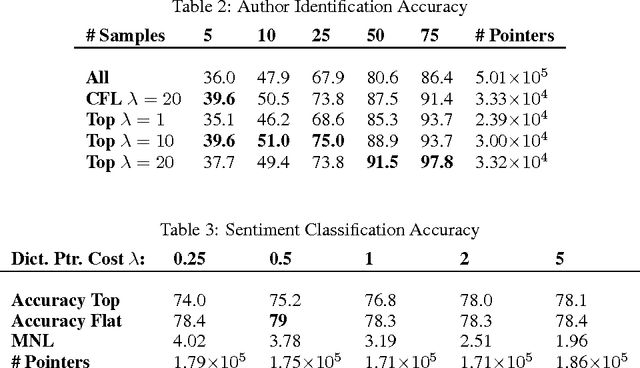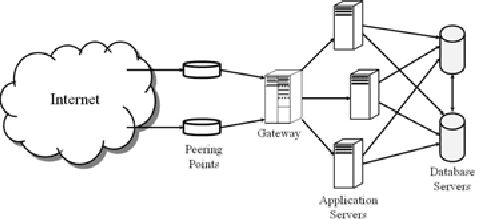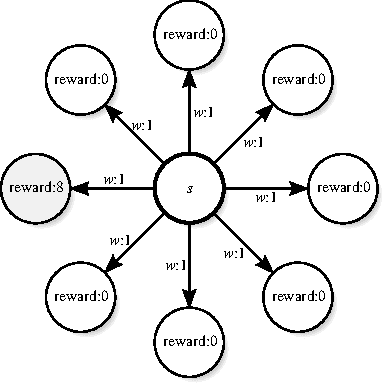John C. Mitchell
ChatCollab: Exploring Collaboration Between Humans and AI Agents in Software Teams
Dec 02, 2024



Abstract:We explore the potential for productive team-based collaboration between humans and Artificial Intelligence (AI) by presenting and conducting initial tests with a general framework that enables multiple human and AI agents to work together as peers. ChatCollab's novel architecture allows agents - human or AI - to join collaborations in any role, autonomously engage in tasks and communication within Slack, and remain agnostic to whether their collaborators are human or AI. Using software engineering as a case study, we find that our AI agents successfully identify their roles and responsibilities, coordinate with other agents, and await requested inputs or deliverables before proceeding. In relation to three prior multi-agent AI systems for software development, we find ChatCollab AI agents produce comparable or better software in an interactive game development task. We also propose an automated method for analyzing collaboration dynamics that effectively identifies behavioral characteristics of agents with distinct roles, allowing us to quantitatively compare collaboration dynamics in a range of experimental conditions. For example, in comparing ChatCollab AI agents, we find that an AI CEO agent generally provides suggestions 2-4 times more often than an AI product manager or AI developer, suggesting agents within ChatCollab can meaningfully adopt differentiated collaborative roles. Our code and data can be found at: https://github.com/ChatCollab.
Data Representation and Compression Using Linear-Programming Approximations
May 03, 2016



Abstract:We propose `Dracula', a new framework for unsupervised feature selection from sequential data such as text. Dracula learns a dictionary of $n$-grams that efficiently compresses a given corpus and recursively compresses its own dictionary; in effect, Dracula is a `deep' extension of Compressive Feature Learning. It requires solving a binary linear program that may be relaxed to a linear program. Both problems exhibit considerable structure, their solution paths are well behaved, and we identify parameters which control the depth and diversity of the dictionary. We also discuss how to derive features from the compressed documents and show that while certain unregularized linear models are invariant to the structure of the compressed dictionary, this structure may be used to regularize learning. Experiments are presented that demonstrate the efficacy of Dracula's features.
A Learning-Based Approach to Reactive Security
Dec 22, 2009



Abstract:Despite the conventional wisdom that proactive security is superior to reactive security, we show that reactive security can be competitive with proactive security as long as the reactive defender learns from past attacks instead of myopically overreacting to the last attack. Our game-theoretic model follows common practice in the security literature by making worst-case assumptions about the attacker: we grant the attacker complete knowledge of the defender's strategy and do not require the attacker to act rationally. In this model, we bound the competitive ratio between a reactive defense algorithm (which is inspired by online learning theory) and the best fixed proactive defense. Additionally, we show that, unlike proactive defenses, this reactive strategy is robust to a lack of information about the attacker's incentives and knowledge.
 Add to Chrome
Add to Chrome Add to Firefox
Add to Firefox Add to Edge
Add to Edge